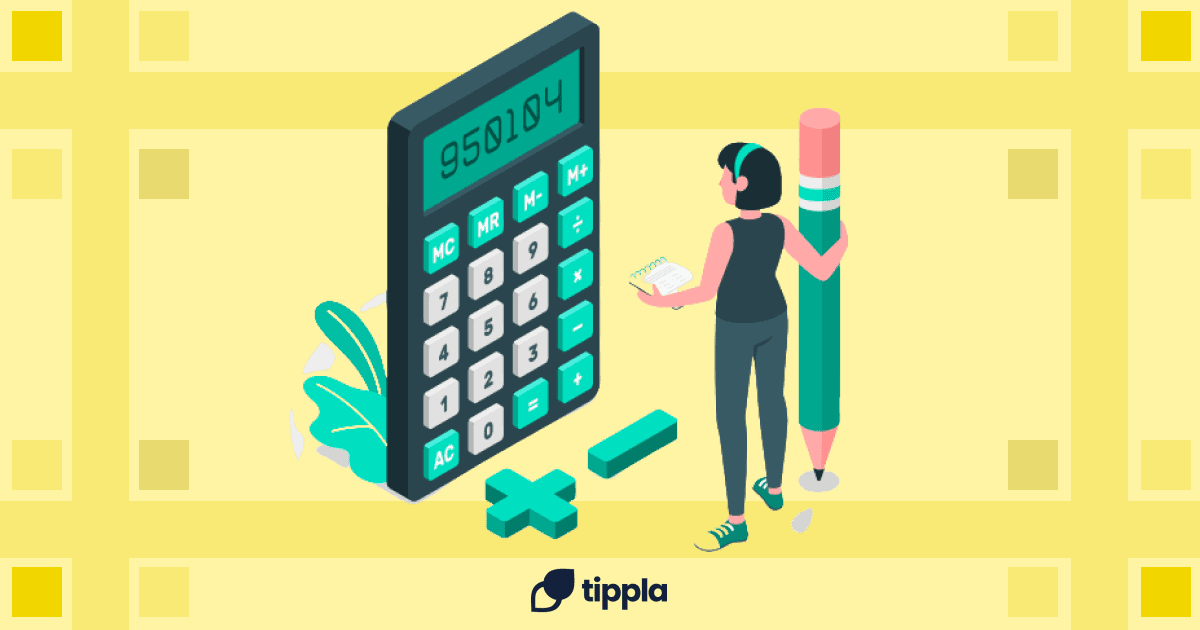Published in July 18, 2023
Equifax vs Experian: What’s the Difference?
Let's take a look at what separates Equifax and Experian

In Australia, your credit score is calculated by three credit bureaus. Out of these three, the two largest for individual credit reports is Equifax and Experian. To help you understand what these companies do and what’s the difference between them, we’ve put together a comparison of Equifax vs Experian.
What are credit bureaus?
A credit bureau, also referred to as a Credit Reporting Agency (CRA), is a company that collects information associated with the credit scores of individuals. If you have any type of credit – say a loan, credit card, or utilities, then the company you have that credit with will report that information (repayment history, credit limit, etc) to a credit bureau.
CRAs collect all the information reported to them and generate credit scores and credit reports for individuals. They then make that information available to banks, non-bank lenders, and other credit providers, with the individual’s consent to allow them to make informed decisions when extending credit.
What are the different types of credit?
Many things can be classified as credit, and the list could surprise you. It’s not just a credit card that you need to be careful with. Here is an overview of some of the types of credit:
Credit can include:
- Loans – such as a personal loan, mortgage, business loan, short-term or payday loan and more;
- Credit and store cards;
- A mobile phone plan;
- Internet services;
- Utilities – water, electricity and gas;
- Hire purchases.
How do credit bureaus receive their information?
Every time you apply for credit, whether it be a loan or utility account, the company that you apply with will send this information to one of the credit reporting agencies so it can be included on your credit report.
Your information will be reported even if you’re not approved for the loan. If you are approved for the loan, then this, along with your repayment history – especially if you default on a repayment, will also be reported on a monthly basis.
In addition to your credit information, public information such as whether you have entered into bankruptcy, or court listings, will be reported to the credit bureaus.
Which CRAs operate in Australia?
In Australia, there are three CRAs – Equifax, Experian and illion. Equifax and Experian are the two largest credit bureaus for individual credit scores. This means you don’t have just one credit score and report, you actually have three credit scores and reports – one with each CRA.
Equifax – Equifax is the largest of the three credit bureaus in Australia. It provides both personal and business credit reports across the country. If you want your credit report directly from Equifax, you can order a free copy of your report and receive it in 10 days. However, you can only do this once every 12 months.
Experian – Just like Equifax, you can order a free copy of your credit report with Experian. A subtle difference between the two companies is that Experian is more data-focussed. The company allows credit providers to make more informed decisions through data sharing.
illion – illion, which was formerly known as Dun & Bradstreet, provides credit reports for both individuals and companies. The credit bureau also providers debt recovery services.
Equifax vs Experian: What’s the difference?
Let’s tackle the main question – Equifax vs Experian: What’s the difference? Whilst both of these companies perform a similar role, there are some differences.
Today, we’re only going to look at the differences that concern Australian residents in regards to their credit score. There are likely many differences on a business-level, in terms of company structure, company size, geographic footprint, profit and revenue, and more.
1. How Equifax vs Experian calculates your credit score
One of the main differences between Equifax and Experian is how they calculate your credit scores. Equifax measures your credit score on a scale ranging from 0 – 1,200, whereas Experian’s scale only goes from 0 – 1,000. Because of this, you might have different credit scores across the bureaus.
Your Equifax credit score
Not only is the range they use different between the two CRAs, but also, the algorithms they use to calculate your credit score are different. Whilst the exact formula they use is a well-kept secret, the general factors Equifax considers in its credit score calculations are as follows:
- The number of accounts you have;
- The types of accounts;
- The length of your credit history;
- Your payment history.
Your Experian credit score
The general factors Experian uses, on the other hand, have been highlighted by the company as follows:
- Type of credit providers that have made enquiries on your report;
- The type of credit you have applied for;
- Your repayment history;
- The credit limit of each other credit products;
- Negative entries;
- The number of credit enquiries (credit applications) you have made.
2. Which companies report to Equifax or Experian
Another difference between the two bureaus is the companies that report to them. If you are a credit provider, you don’t have to report your customer’s credit information to both bureaus. Because of this, one lender might only report to one credit bureau, whilst one bank might only report to the other.
That means your credit scores can differ across the two bureaus. In fact, you could have a credit score with one bureau, but none with another, because of this reason.
Which credit bureau matters the most?
One question we get asked at Tippla quite often, is which credit bureau matters the most? Unfortunately, that’s not such a straightforward question, as they all matter. Whilst Equifax is the largest out of the three, you have a credit score and report with each of the bureaus and either one of these can be accessed by a credit provider when you apply for some form of credit.
Why does my credit score matter?
Equifax, Experian and illion are all responsible for calculating your credit score. But why does your credit score matter in the first place? Putting it simply, your credit score and credit report is one of the factors considered by credit providers when they are reviewing your application. They use your credit score to determine whether they will lend you money or extend you credit.
Because of this, your credit score could be the difference between you being accepted or rejected for credit. If you have a good credit score, then this will strengthen your application. If you have a below-average credit score, then this could hinder your application. In a worst-case scenario, it could even lead to you being rejected for credit.
Your credit score can influence the following:
- Whether you are approved or rejected for credit;
- Your interest rate;
- Your borrowing limit;
- Other credit conditions, such as fees and charges.
Whilst your credit score isn’t the only factor credit providers consider, it is an important element. Credit providers might also check the following:
- Your bank statements;
- Employment status and income;
- Government benefits;
- Gambling;
- Eligibility for a loan – are you a citizen/resident and are you over 18 years of age.
How to improve your credit score
If you have a below-average credit score, then there are a number of ways you can improve your credit score. Tippla recently put together a helpful guide to steer you through the process, but to sum it up, here are a few things you could try:
- Space out your credit applications;
- Make your repayments on time;
- Check your credit report frequently;
- Don’t borrow more than you can afford.
Want to learn more about your credit score? Tippla’s credit school may be of great help! Simply sign up with us today to access our free resources that can give you further guidance about your credit score and ways you can build and improve it.
While we at Tippla will always do our best to provide you with the information you need to financially thrive, it’s important to note that we’re not debt counsellors, nor do we provide financial advice. Be sure to speak to your financial services professional before making any decisions.
Subscribe to our newsletter
Stay up to date with Tippla's financial blog



